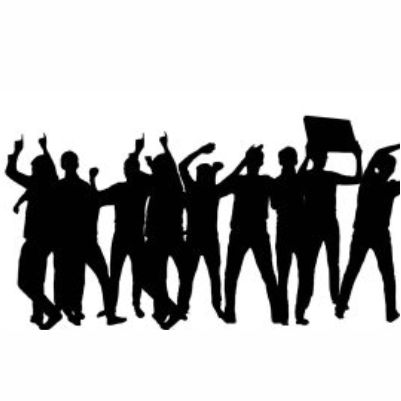“The greater a man is in power above others, the more he ought to excel them in virtue. None ought to govern who is not better than the governed” Publilius Syrus
At the Annual Conference of the Society for Corporate Governance with the theme “Leadership and Governance in the Public Sector”, Governor Bababtunde Fashola and Mr Peter Obi (former governor of Anambra State) spoke eloquently on leadership and governance. Both shared very interesting and thought provoking anecdotes on values, transparency, accountability and the essence of leadership. One that struck me and with which I could identify was the story Governor Fashola shared about a childhood friend whose grandmother would not allow an hitherto frequent visitor and neighbour into their home because he was facing a panel of inquiry set up to investigate an alleged impropriety in his place of work. She did not want her family tarnished in the same brush as the gentleman.
I recall a similar experience several years ago when my grandfather stopped visiting one of his closest friends (who also stopped coming to visit) because he was defending allegations of embezzling Church funds. In those days, that was a serious misdemeanour. The gentleman was eventually found not complicit and my grandfather made peace with him. I remember asking my grandfather why he stopped visiting the gentlemen and he said he did not want people to think they were birds of the same feather.
What has changed? It is still the same town, the same country. We the people have changed. We celebrate wealth of questionable source. We honour folks of dubious achievements and applaud mediocrity. We have failed to promote those societal values that are the building blocks for good leadership and good governance and we are collectively responsible for the type of leadership we have. We make our leaders what they are and they embody the values that we live by. Bad leaders are unlikely to emerge where good values reign and conversely good leaders seldom emerge from a society that holds up bad values.
The recently published list of awardees of our National Honours speaks volumes of what values we uphold as a nation. To start with, I think it is a rather long list. One would reckon that to qualify, the recipient would have done something exemplary to warrant National recognition. Clearly if 305 people have done extraordinary things, we should have cause to celebrate as a nation. Serving Governors, Service Chiefs, Ministers and other public servants are on the list. The jury is still out as to how effectively they have accounted for their stewardship. Why are we in such a hurry to honour them?
Perhaps only two names on that list stand out – the drivers who returned monies left in their cars. Some would argue that they only did the right thing. But in a society where “right” is not always so clear cut, they do deserve to be honoured. Also, if we are truly sincere about a value re-orientation, then we need to celebrate many more people like them – folks who espouse the values we all want to emulate.
But what then is the role of “we the people”? As the saying goes, a people deserve the leadership they get. We the people continue to talk with nostalgia about what was and what should be. We attend conferences and seminars, read and write about good governance and our expectations of our leaders. For the most part, we know what is right. But we do not ACT.
How many people on the National Honours list are able to turn down the award on the basis that they recognize they have not earned it or that they would prefer not to be associated with certain people on the list? If a Governor decides to disrupt a church service by turning up in the middle of the service with a large entourage and heads for the front row, how about the ushers showing him the back row – if there are seats available there?
We know what is right. Let us stop blaming bad leadership for all our woes as a nation. If leadership is unable to play its role in enthroning the values that we so earnestly crave, how about we the people playing our own part within our respective spheres of influence? Let us begin to walk the talk.
